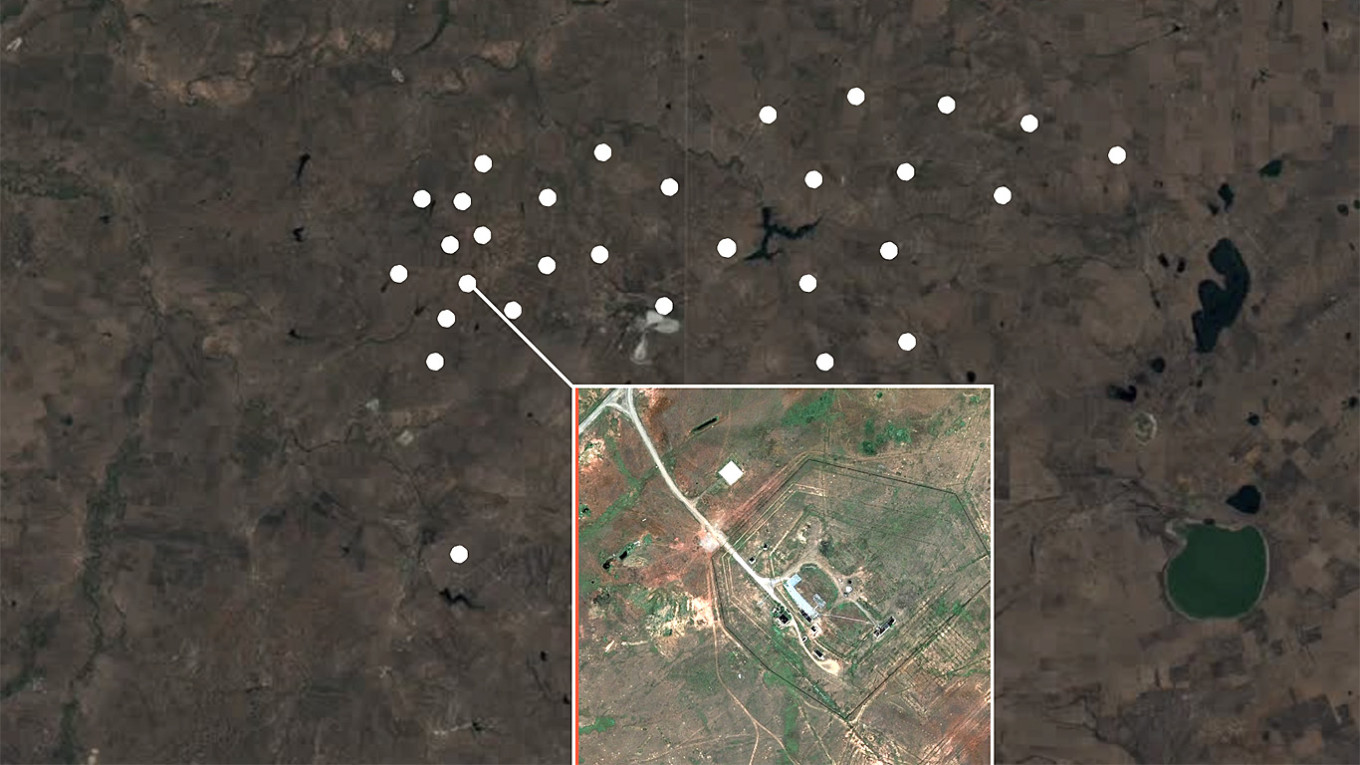In a dramatic escalation of his administration’s crackdown on elite universities, U.S. President Donald Trump has reportedly blocked Harvard University from enrolling international students, according to a report published by the New York Times on May 22, 2025.
The move, which sources say was issued via a Department of Homeland Security directive, effectively bars Harvard from issuing new student visas to foreign nationals. It marks the latest in a series of aggressive actions targeting elite academic institutions that Trump has accused of being “anti-American, elitist, and hostile to free speech.”
“Harvard has made itself a sanctuary for woke extremism and foreign influence,” Trump reportedly told advisers. “We won’t let them use taxpayer benefits to undermine American values.”
Visa Access Cut Off
The report states that the administration has instructed U.S. embassies and consulates to deny F-1 student visas to applicants listing Harvard University as their destination. The block is said to apply only to new international applicants, not to currently enrolled students.
If enforced, the policy could affect thousands of prospective students from countries such as India, China, South Korea, and Europe, who typically make up a significant portion of Harvard’s graduate and professional school cohorts.
🎓 Academic Community Outraged
Higher education leaders have condemned the move as unprecedented political interference in academic autonomy. The American Council on Education called it “a direct attack on international education and American global leadership.”
“This decision weaponizes immigration against education,” said one Harvard dean. “It will do lasting damage to our institutions and global reputation.”
Critics argue that the measure is politically motivated and may be part of a broader effort to galvanize nationalist support ahead of midterm elections.
🇨🇳 Targeting Foreign Influence?
Trump officials have claimed the move is necessary to limit espionage and foreign funding, particularly from China. Harvard has been under scrutiny in recent years for its research ties to Chinese institutions, and several faculty members have faced investigations related to disclosure violations.
Still, no official link has been made between these past incidents and the new visa block, raising concerns about collective punishment and politicization of education.
💼 Legal and Policy Ramifications
Legal experts anticipate challenges to the directive, potentially on grounds of:
- Violation of academic freedom
- Discrimination against foreign students
- Overreach of executive authority
The White House has not officially confirmed the policy but is expected to release a statement in the coming days. Meanwhile, affected students and international education agencies are scrambling for guidance and alternatives.
What to Watch
- Possible legal action by Harvard University or civil rights groups
- Responses from the State Department, DHS, and higher education associations
- Reactions from international governments and embassies
- Whether the policy expands to other elite universities
- The impact on U.S. international education leadership and STEM research
If the report holds true, the Trump administration’s latest move could reshape U.S. higher education’s global standing and sever Harvard’s decades-old role as a magnet for global talent. For now, the academic world is on high alert — and international students are caught in the crossfire.



